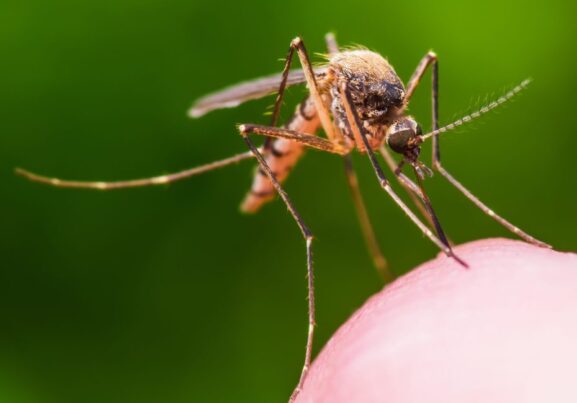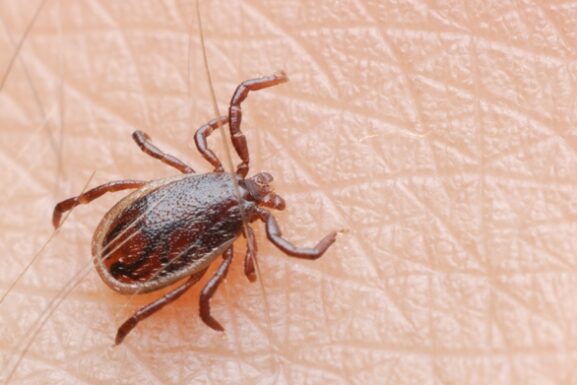Impact of Climate Change on Termites
Erratic weather, warm winters, increasing storm activity – all signs of climate instability or, as it is commonly referred to, “climate change.” It affects many aspects of our lives… but does it affect termites? Maybe a better question is: do termites affect climate change?
How Does Climate Change Affect Termites?
One significant element of climate change is progressively warmer winters. This could have a direct effect on termite populations – particularly in northern climes like New England.

Earth Magazine notes: “This portends problems. Most termites die off during the winter in areas where the ground freezes. Most species cannot survive sustained temperatures below 9 degrees Celsius, and even fewer can survive temperatures below 1 degree Celsius. Thus, the increase in the winter temperature in the North will affect termite populations largely because as winter temperatures warm, termites may be better able to survive winters in more northern climates.”
It is also worth noting that warmer summers will allow existing termite populations to expand further than they were previously able to.
According to scientists, New England, the upper Midwest, and southern Canada are the places most vulnerable to expanding termite populations. How rapidly and drastically termite populations change will be determined by how drastic the changes in temperature and rainfall become. Similarly, the extent to which termite damage will increase in these areas depends on climate change and preventative measures.
How Much Co2 Do Termites Produce?
Research dating as far back as 1982 reports that, on a global basis, termites produce more than double the carbon dioxide produced by all the world’s smokestacks. That means that as warm weather enables termite population growth, termites could contribute to conditions that will further feed climate changes. It also makes termite treatment more crucial than ever.
Do Termites Produce Methane?
Termite flatulence is a significant natural source of methane (CH4). Methane is a gas that termites make when they digest food—just like cows do! When termites eat wood and other plant stuff, they can’t break it all down by themselves. Instead, they rely on tiny organisms living in their stomachs. These little helpers, especially certain types called archaea, don’t need oxygen to survive, so they do their work in the termite’s oxygen-free gut, breaking down the wood and releasing methane as a byproduct.
Methane is a greenhouse gas roughly 30 times more potent than carbon dioxide and is considered a major contributor to global warming. Globally, it is estimated that termites are responsible for about one to three percent of all methane emissions, even though their mounds filter out almost half of it.
Do Termites Produce More Methane Than Cows?

These little wood-destroying pests are one of the top producers of methane in the animal kingdom. Termites release about 20 million tons of methane into the atmosphere every year. Cattle produce more overall—around 80 million tons each year—mainly because there are so many more cows by weight than termites. But, if you compare them pound-for-pound, termites actually produce more methane than cows because of all the wood and plant material they eat and their super-efficient digestive systems. That’s because, if you could pile up all the termites in the world, they’d weigh about 445 million tons! That’s a lot of methane!
There is a difference in how each species’ methane contribution affects the environment. Termites help break down dead plants and recycle nutrients, so the methane they produce is part of the natural balance in forests and other ecosystems. And, as we said above, their mounds help filter out almost half of that. On the other hand, cattle farming for meat and dairy creates a lot of extra methane, adding to greenhouse gas emissions because it’s done on such a large, industrial scale.
Don’t Let Termites Take Over – Let Fox Pest Control Help!
If you’re concerned about termites or other unwanted pests, call Fox Pest Control in Connecticut! Call us by 2 p.m. today, and we can usually have a pest control expert at your home the same day for a free, no-obligation inspection and estimate—or to start immediate extermination services! To get started, contact Fox Pest Control today.


